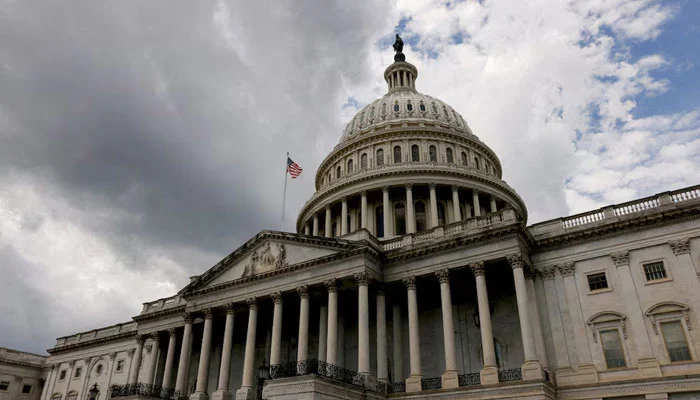The recent bill passed by the US House of Representatives highlights a critical moment in US governance, aiming to avert a midnight government shutdown while balancing competing interests between parties, stakeholders, and influential figures. Here’s a structured summary of the development:
Key Highlights of the Legislation
- Funding Extension:
- Government funding extended until March 14.
- Disaster Relief:
- Allocation of $100 billion for states hit by disasters.
- Farmer Assistance:
- Provision of $10 billion in aid for farmers.
- Exclusion of Debt Ceiling Adjustment:
- Contrary to President-elect Trump’s demand, the bill does not include measures to raise the debt ceiling.
Political Dynamics
- House Action:
- Passed by the Republican-controlled House with a bipartisan vote of 366-34.
- Republicans removed contentious provisions like:
- Pay raises for lawmakers.
- Crackdown on pharmacy benefit managers.
- Restrictions on investments in China, which Democrats criticized as potentially benefiting Elon Musk’s interests.
- Senate and Presidential Response:
- The bill now moves to the Democratic-controlled Senate.
- President Joe Biden has signaled his intention to sign the bill into law.
Stakeholders and Reactions
- Republican Leadership:
- House Speaker Mike Johnson emphasized the necessity of the bill as a temporary measure allowing Republicans greater influence in next year’s spending decisions.
- Democratic Leadership:
- House Democratic Leader Hakeem Jeffries praised the bill for achieving critical goals like:
- Delivering disaster relief.
- Avoiding a government shutdown.
- Blocking Republican efforts to raise the debt ceiling preemptively.
- House Democratic Leader Hakeem Jeffries praised the bill for achieving critical goals like:
- President-elect Donald Trump:
- Initially opposed unrelated provisions in the earlier bill version.
- Supported the revised package after significant changes.
- Elon Musk:
- Expressed satisfaction with the bill’s streamlined approach, highlighting its reduced complexity.
Potential Impact of a Shutdown
- Economic Costs:
- Estimated at $1 billion per week for the travel industry alone.
- Operational Disruptions:
- Affects federal services, from law enforcement to national parks.
- Federal workers’ paychecks would be delayed.
- Travel Delays:
- Airports may face significant slowdowns, particularly during the busy Christmas travel season.
Next Steps
- The Senate must approve the legislation to avert the shutdown.
- Broader budgetary and spending debates will resume next year, with the new political landscape likely to influence outcomes.
This bill reflects the delicate balance in Washington, where bipartisan compromise is necessary to maintain governmental operations amidst complex political agendas.




